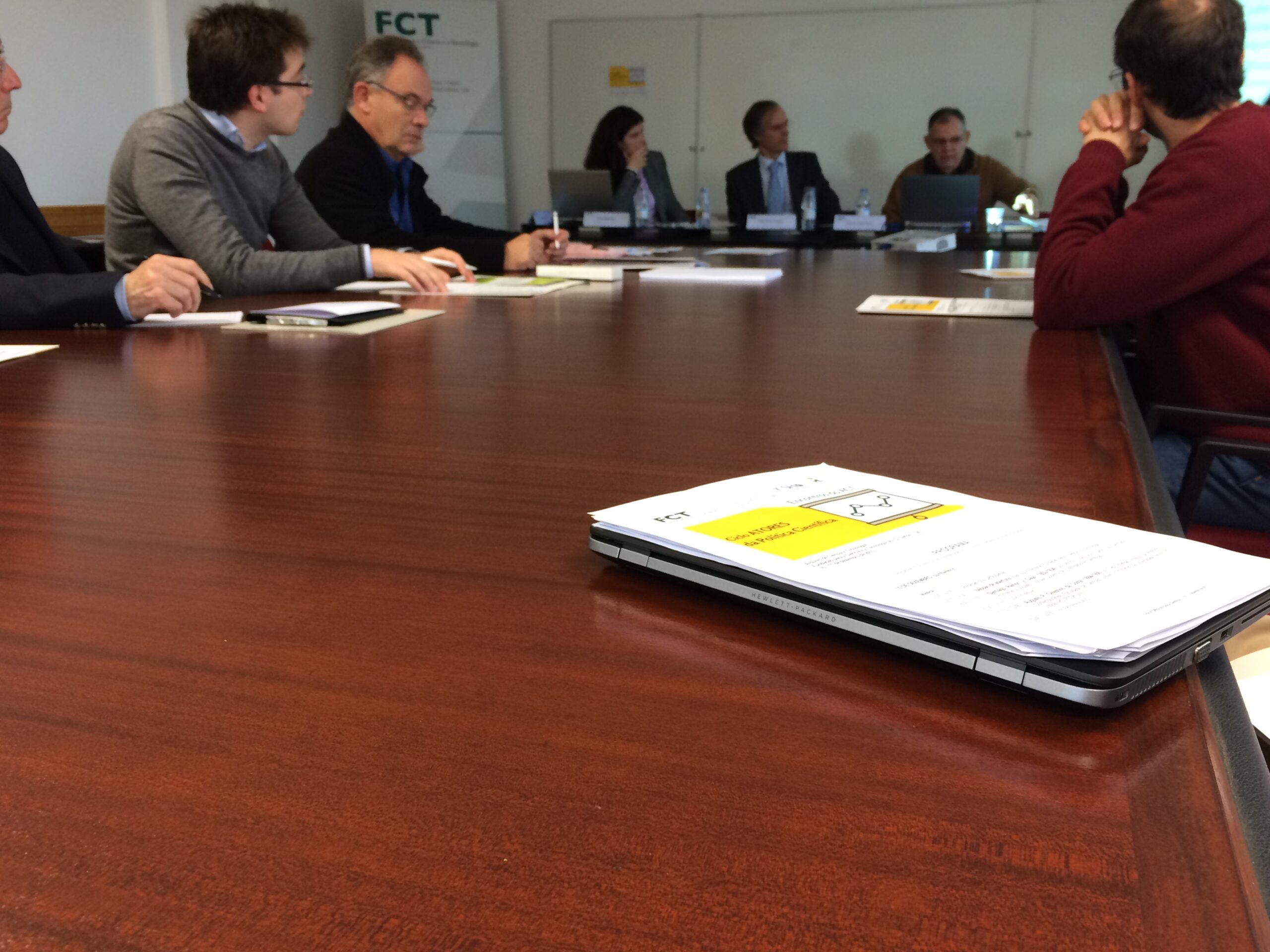The “Actors of science policy” in Portugal presented at FCT

The Foundation for Science and Technology (FCT) hosted a conference entitled"Actors in Science Policy"on December 10 and 11, which marked the opening of a series of conferences dedicated to the history of science and archival heritage. This cycle is the result of a joint organization between the Institute of Contemporary History (IHC) of the Faculty of Social and Human Sciences of the New University of Lisbon and the FCT Science and Technology Archive.
With an eclectic and pragmatic program, the cycle "Actors in Science Policy" highlighted, among a variety of geniuses, the professional relevance of doctors in the first half of the 20th century and engineers in the second half, in the public administration of science and its historical bodies in Portugal.
The panel on "Actors in science policy" was composed of: Augusto Celestino da Costa (1884-1950), founder of the Institute of Histology and Embryology at the Faculty of Medicine of Lisbon; Francisco de Paula Leite Pinto (1902-2000), first president of the National Board for Scientific and Technological Research (JNICT) and Minister of National Education; Amândio Tavares (1900-1974), rector of the University of Porto, President of the Portuguese Association for the Advancement of Science, and founder of the Center for Humanistic Studies; António Mendes Correia (1888-1960), anthropologist and archaeologist, president of the Board of Geographic Missions and Colonial Research, and director of the Colonial Higher School; Manuel Abreu Faro (1923-1999), president of the Center for Electronic Studies and the Commission for Nuclear Energy Studies; and Kaúlza de Arriaga (1915-2004), Undersecretary of State for Aeronautics, professor at the Institute of Higher Military Studies, and president of the Nuclear Energy Board.
All these men, scientists and public administrators, played important roles in scientific policy in Portugal throughout the 20th century, due to their direct connection with public policies for science management and their roles in public bodies such as the Institute for High Culture (later the Institute of High Culture), the Nuclear Energy Board, and JNICT itself, the predecessor of the FCT that we know today.The lives of these actors in science policy were presented by a group of young guest researchers, specialists in the history of science.
The meeting was also attended by Leoncio López-Ocón, from the Center for Human and Social Sciences of the Spanish National Research Council, who traveled to Lisbon to present Santiago Ramón y Cajal (1852-1934), winner of the Nobel Prize in Physiology in 1906, but also a key figure in the Junta para Ampliación de Estudios, a distant counterpart of the National Education Board. In his speech, López-Ocón highlighted the importance of the role played by Ramón y Cajal in the development of neuroscience in Spain, as well as his role in the creation of the Spanish Academy of Medicine. in 1906, but who also played a crucial role in the Board for the Extension of Studies, a distant counterpart of the National Education Board. In his speech, López-Ocón did not fail to mention the importance of Cajal's work in Portugal, particularly among what became known as the Medical Generation of 1911.
The conferences culminated in a debate on the last day of the meeting, focusing on the issue of document preservation applied to historiographical production, knowledge, and the reconstruction of scientists' life stories based on their documentary estates. The debate was attended by researchers José Pedro David Ferreira (son of histologist David Ferreira) and Tiago Brandão, representing the IHC; Pedro Penteado, representing the Directorate-General for Books, Archives, and Libraries; and Tiago Santos Pereira, coordinator of the FCT's Office of Studies and Strategy.
With a dynamic model, this meeting aims to establish itself as a benchmark event for sharing recent trends in research in the history of science and, no less importantly, as a privileged forum for discussing and stimulating archival practices—both public and private—as tools for constructing the memory of science in the modern and contemporary era.